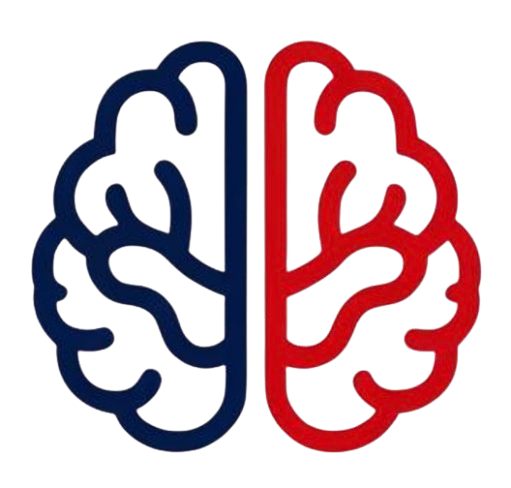In today’s fast-evolving world of healthcare, one thing is becoming increasingly clear: data is everywhere, but making sense of it quickly and accurately is still a huge challenge. That’s where artificial intelligence comes in—and Google has just taken a massive step forward.
Musumeci Online – The Podcast. It is perfect for driving, commuting, or waiting in line!
With the public release of two new open-source AI models, MedGemma 27B Multimodal and MedSigLIP, Google is giving researchers, doctors, and developers around the world powerful tools to build the next generation of medical applications. And the best part? These tools don’t require a supercomputer or a massive budget—they’re designed to be lightweight, flexible, and easy to adapt to real-world healthcare settings.
Beyond the Cloud: AI That Works Where You Are
Unlike many high-end AI models that depend on constant internet access and expensive infrastructure, MedGemma and MedSigLIP are built to run locally—on a single, affordable GPU or even on mobile-compatible hardware. This means clinics in underserved areas, rural hospitals, or research labs with limited resources can still harness the power of AI without compromising on privacy or speed.
Think of a community hospital that suddenly gains the ability to analyze X-rays, process electronic health records, and generate detailed diagnostic suggestions—all without relying on remote servers or expensive licenses. It’s a little like giving every doctor a digital assistant that never sleeps.
What Can These Models Do?
Both models come from Google’s Health AI Developer Foundations (HAI-DEF) initiative, which focuses on making AI development in healthcare more open, ethical, and inclusive.
- MedGemma 27B is a multimodal model, meaning it can understand and generate both text and image-based data. It’s ideal for use cases like creating medical reports, answering clinical questions, or summarizing patient histories. On benchmark tests, it scored nearly 88% accuracy on MedQA, a tough exam made of real medical licensing questions.
- MedSigLIP is a lightweight encoder model designed for image and text classification, zero-shot labeling, and semantic search. Its strength lies in helping sort and interpret vast libraries of medical images—like identifying subtle patterns in chest X-rays or flagging anomalies in skin conditions.
In simple terms, MedGemma is like a thoughtful writer who knows medicine, while MedSigLIP is a lightning-fast visual analyst.

Why Open-Source Matters in Healthcare
By releasing these models under open licenses, Google is encouraging a wave of collaboration and customization. Developers can tweak the models, fine-tune them with local data, and share improvements with the wider community through platforms like GitHub and Hugging Face.
This open approach also solves one of healthcare’s most persistent challenges: data privacy. Because the models can run on-site, healthcare providers don’t need to send sensitive patient data to the cloud, which helps meet strict regulations and institutional policies.
And it’s not just theory—projects are already underway to use these models for radiology triage, lung nodule detection, and automated report generation. These are practical tools, not just academic experiments.

Making AI Work for Everyone
One of the most exciting things about these models is their potential to reduce inequality in healthcare. In the past, access to AI tools often required expensive subscriptions or high-end hardware. Now, with MedGemma and MedSigLIP, a small clinic with a modest computer setup can participate in the AI revolution.
It’s a bit like making the best textbooks and the best teachers available to every school, not just the elite ones. When technology is open and adaptable, it levels the playing field—and in healthcare, that can mean earlier diagnoses, faster treatment, and saved lives.
A Word of Caution—and Hope
It’s important to understand that these models are not ready for direct clinical use—at least not yet. They are powerful foundations that must be carefully tested, validated, and tailored before being used in real patient care. But that’s exactly what they were designed for: to give researchers and developers a head start in building the next generation of medical AI tools.
With support for deployment on platforms like Vertex AI, clear documentation, and a vibrant developer community forming around them, MedGemma and MedSigLIP are already accelerating progress in research and development worldwide.
We’re entering a new era where artificial intelligence doesn’t just belong to tech giants or big hospitals—it belongs to everyone. By opening up MedGemma and MedSigLIP to the public, Google is empowering a new wave of innovation in healthcare that is smarter, fairer, and more human-centered.
Whether you’re a medical researcher, a data scientist, a doctor in a rural clinic, or simply someone passionate about the future of health, this is a moment worth paying attention to. The tools are here. Now it’s time to build, test, and transform the way we care for one another.



Leave a Reply